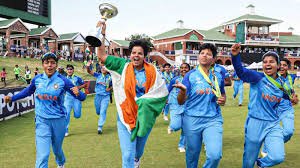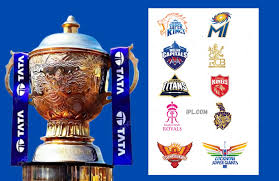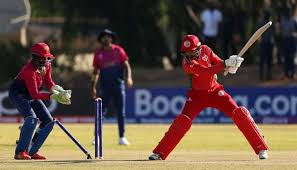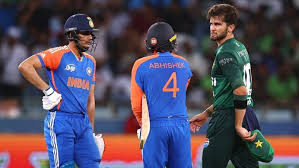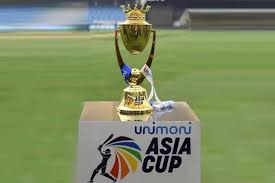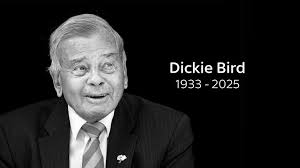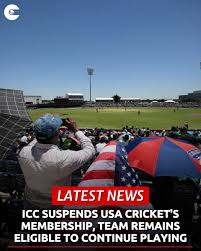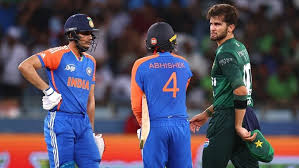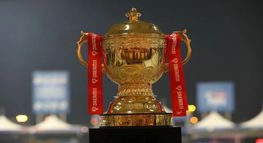List of Leagues
Football
Football is a group of team sports that include kicking a ball to score a goal to varying degrees. Unqualified, the term football usually refers to the most popular type of football in the area where the term is used. Association football (also known as soccer in North America and Australia); gridiron football (particularly American football or Canadian football); Australian rules football; rugby union and rugby league; and Gaelic football are all examples of football-related sports. These numerous kinds of football, known as "football codes," all have shared beginnings to differing degrees. There are numerous references to traditional, ancient, or prehistoric ball games that were played in various regions of the world. Football codes today may be traced back to the 19th-century standardization of these sports in English public schools. The British Empire's growth and cultural impact allowed these football regulations to extend to places of British influence outside the directly governed Empire. By the end of the nineteenth century, separate regional codes had emerged: Gaelic football, for example, purposefully included the rules of local traditional football games in order to preserve their legacy. The Football League was established in England in 1888, becoming the first of several professional football organizations
Rugby football:
Rugby football was supposed to have begun about 1845 at Rugby School in Rugby, Warwickshire, England, while variations of football in which the ball was carried and tossed date back to the Middle Ages. By 1870, there were 49 clubs in the United Kingdom playing versions of the Rugby school game. Rugby clubs might also be found in Ireland, Australia, Canada, and New Zealand. However, there was no widely agreed set of regulations for rugby until 1871, when 21 London clubs formed the Rugby Football Union (RFU). In June 1871, the first formal RFU regulations were approved. The passing of the ball was permitted under these guidelines.
Football Association:
Increasing efforts were made in England during the early 1860s to integrate and reconcile the numerous public school sports. J. C. Thring, one of the driving forces behind the original Cambridge Rules, was a master at Uppingham School in 1862 when he established his own rules for "The Simplest Game" (these are also known as the Uppingham Rules). A seven-member group including former students from Harrow, Shrewsbury, Eton, Rugby, Marlborough, and Westminster drafted a new amended version of the Cambridge Rules in early October 1863. On the evening of October 26, 1863, delegates from many football teams in the London Metropolitan region gathered at the Freemasons' Tavern on Great Queen Street in London for the initial meeting of The Football Association (FA). The Association's goal was to create a single unifying code and to govern gameplay among its members. The public schools were asked to join the group following the first meeting. Except for Charterhouse and Uppingham, they all declined. Between October and December of 1863, the FA had six sessions. A proposed set of regulations was published following the third meeting. At the start of the fourth meeting, however, attention was directed to the recently released Cambridge Rules of 1863.
FIFA:
FIFA, which stands for International Association Football Federation, is the governing organization of association football, beach football, and futsal. It was established in 1904 to manage international competition between the national organizations of Belgium, Denmark, France, Germany, the Netherlands, Spain, Sweden, and Switzerland. Its headquarters are in Zürich, Switzerland, and it presently has 211 national organizations as members. These national organizations must also be members of one of the world's six regional confederations: CAF (Africa), AFC (Asia and Australia), UEFA (Europe), CONCACAF (North and Central America and the Caribbean), OFC (Oceania), and CONMEBOL (South America) (South America).
